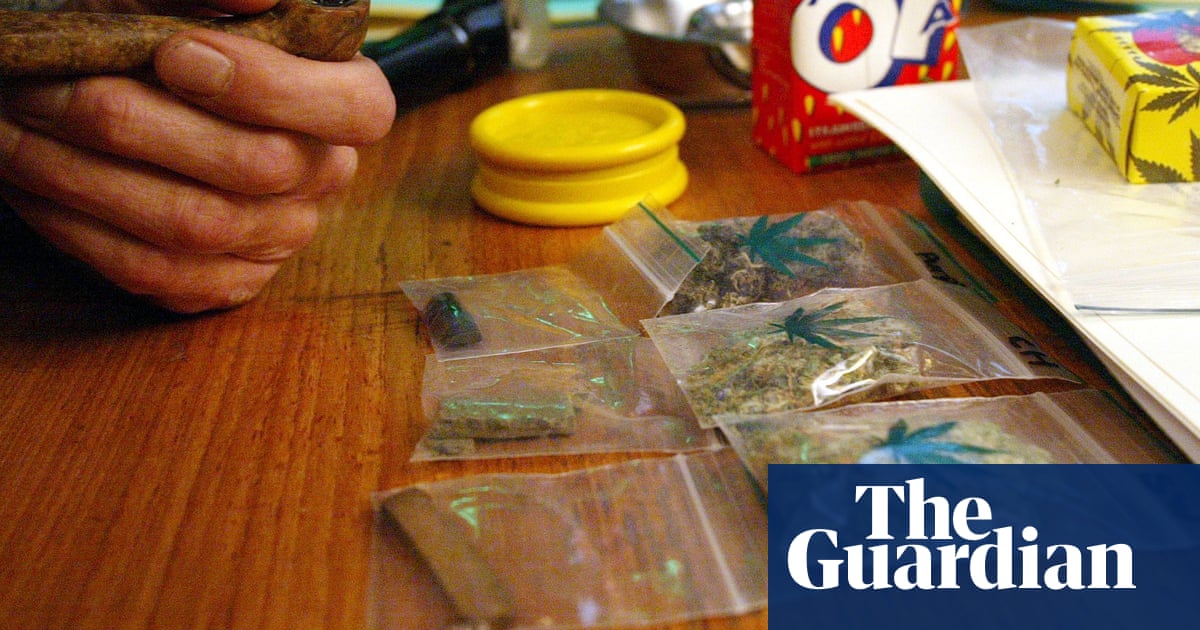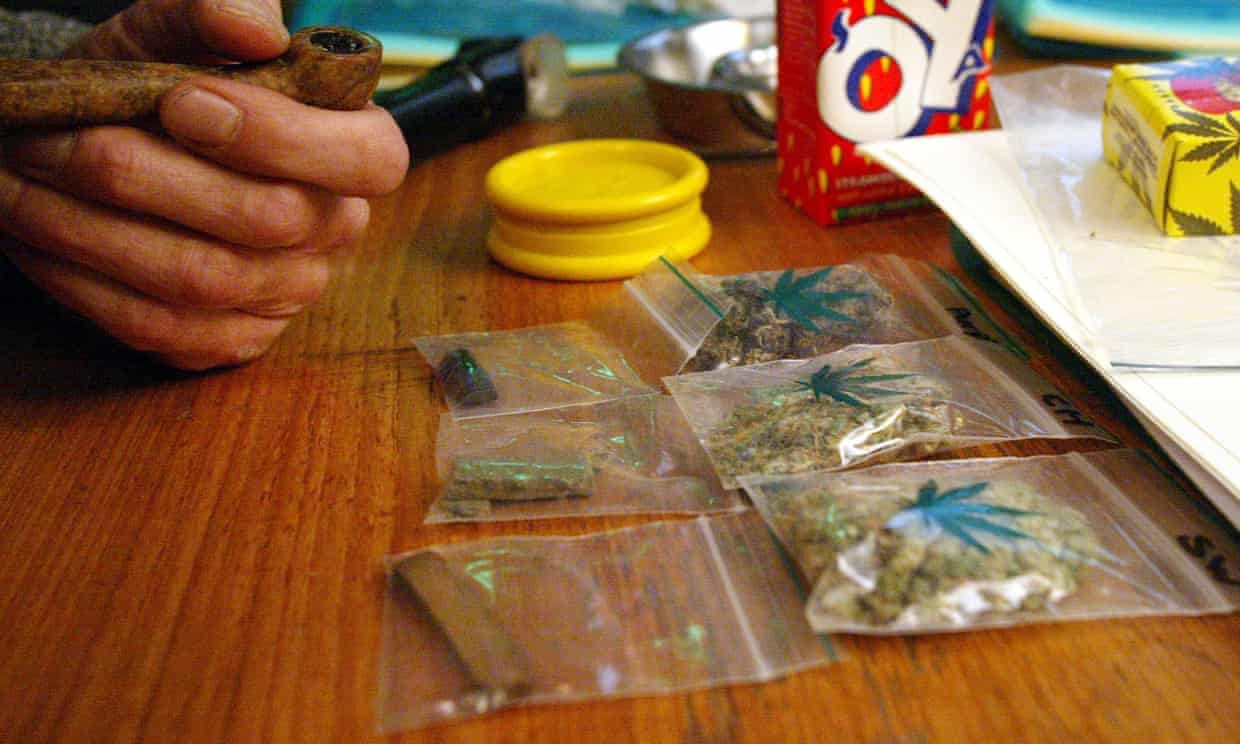North Wales police to offer drug users rehab instead of prison


Anyone caught by police in possession of drugs, including wraps of heroin, in north Wales will soon no longer be automatically prosecuted or imprisoned, the region’s police and crime commissioner has said.
Drug users who are searched and arrested will be offered a year-long narcotics education and rehabilitation scheme instead of facing a criminal conviction.
Arfon Jones, North Wales’s police and crime commissioner also called for the legalisation and regulation of all drugs across the UK, saying it was the only way to end the county lines drug smuggling supply routes that have devastated his region.
The former police officer, who served the North Wales force for 30 years, challenged the devolved Welsh government to open up drug consumption rooms to allow addicts to take drugs such as heroin in a safe, sterile environment away from the public.
In an interview with the Guardian, before North Wales police roll out their rehab scheme, Jones said there already was “de facto decriminalisation” by most police forces in Britain.
He said: “It is not just the decriminalisation of drugs but the decriminalisation of all minor offences. A new scheme is about to launched by myself here in north Wales where there will be a list of offences that are deemed minor. The custody sergeant in individual stations will decide if those who are arrested for minor offences qualify for ‘Checkpoint Cymru’.
“We will have nine navigators recruited in stations who will do a needs assessment of those arrested. If those who are arrested then sign a contract for 12 months to work with the navigators then they will get help to get away from their criminal behaviour and in the case of those caught with drugs help them on to drug treatment programmes.
“If, after those 12 months they haven’t reoffended then they will not get prosecuted and so will not have a criminal record.”
Jones cited the example of someone arrested for possession of a heroin wrap. “In the new scheme I am soon to roll out … that person will be sent on a drug education course and then they can decide if they will sign up to Checkpoint Cymru. The point is they are diverted away from court, away from the criminal justice system. This is a far better system than blighting someone’s career, someone’s life, someone’s future with a minor conviction on their record,” he said.
Jones revealed that there were 33 county lines drug smuggling networks operating in his region, 90% of them run by criminal gangs from Merseyside.
He said the only effective way to stamp out smuggling operations that are using children as young as 15 to sell heroin and other hard drugs was legalisation.
“In 1971 there were probably a couple of thousand heroin addicts, but according to the latest figures, conservatively, there are now a quarter of a million heroin users. Drug use and drug deaths are increasing but this government like so many governments before it insists on a policy of enforcement and prohibition. Which if you look at the figures have simply failed. There is only one way to solve a crisis like county lines and that is to legalise and regulate all drugs.”
Jones said heroin should be dispensed to addicts from pharmacies, rather than sold on the streets by criminal gangs. He described the home secretary Priti Patel’s warning that the government was going to go after those behind the county lines operations as “simply nothing new”.
Ben Campbell, from Transform Drug Policy Foundation, welcomed Jones’s intervention in the drugs legalisation debate.
He said: “Like alcohol prohibition in the US in the 1920s, the government’s policy of drug prohibition has created a vast opportunity for organised crime groups. The exploitation of children through county lines is an indirect, unintended consequence of that policy.
“By legally regulating drug supply, the government can put the drug market into the hands of doctors, pharmacists and licensed retailers, remove it from organised crime groups and therefore their ability to exploit children.”
 Pathways Drug Rehabilitation Luxury Addiction Treatment & Detox Center
Pathways Drug Rehabilitation Luxury Addiction Treatment & Detox Center


